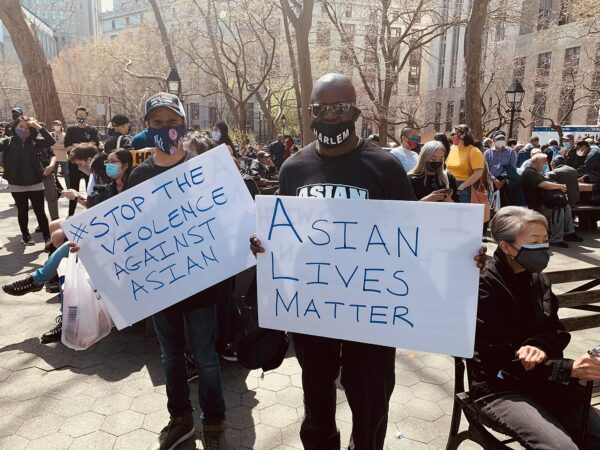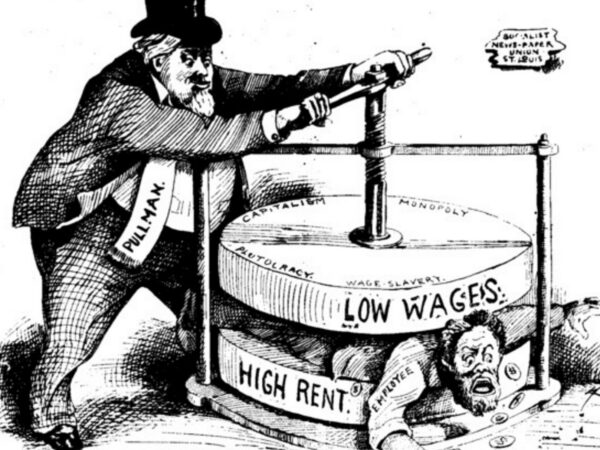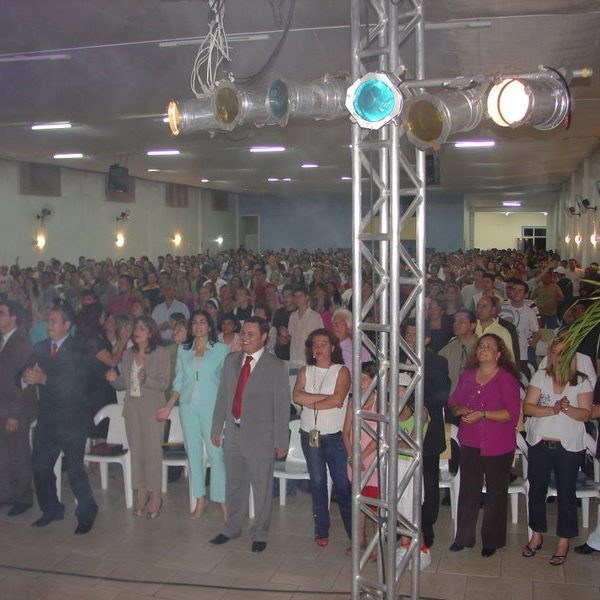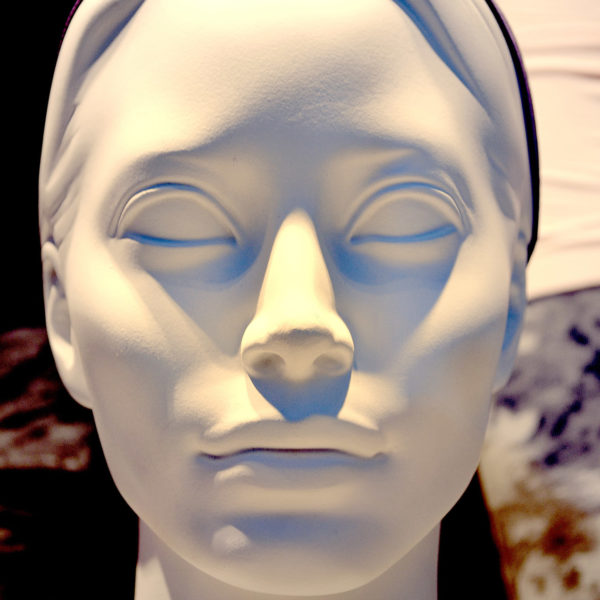
Those experiencing rejection because of their sociopolitical identities can know that God does not condone discrimination, that God’s promises are a proclamation of reversal.

The disruptive presence of Nehemiah in spaces that are intended to erase his identity allows for a broader understanding of God’s word. While religious laws may sometimes be exclusionary in their nature, a higher law, one that is grounded in one’s fidelity to God through the way one lives one’s life, allows for radical inclusivity of all before God.

Even though Asian America is irreducibly diverse, the vast majority of Asian American theological voices are East Asian theological voices, with voices and concerns from Southeast Asian, Filipinx, Pacific Islander, South Asian, and Middle Eastern Christians being barely heard or simply dismissed. This raises questions about how helpful “Asian American” is as an identitarian category.

While some white American converts to Pentecostalism in the early 1900s were experiencing a resurgence of Jeffersonian populism of that era, Mexican nationals were living through revolutionary upheaval of their own. And like the older populism of American evangelical lines, the Mexican revolution’s radical populism was also agrarian, influenced by Jacobinism, and hostile to establishment elites.

The import of particular identities for the national identity is not to be dismissed precisely because it is what the nationalist agenda attempts. This means that our religious discourse has to account for particular identity experiences as integral parts or building blocks of a multifaceted universal and not as something to be merely included or absorbed by a pre-existing universal condition.

The social construction of the criminal other has long served as a justification for subjugation. Pope Francis has stated that the people of God can smell holiness, and perhaps there is also a greater need for the olfactory discernment of evil in our midst. Despite the risk of too literal an interpretation of this metaphor, deeper reflection is warranted of the ways in which evil must be resisted.





